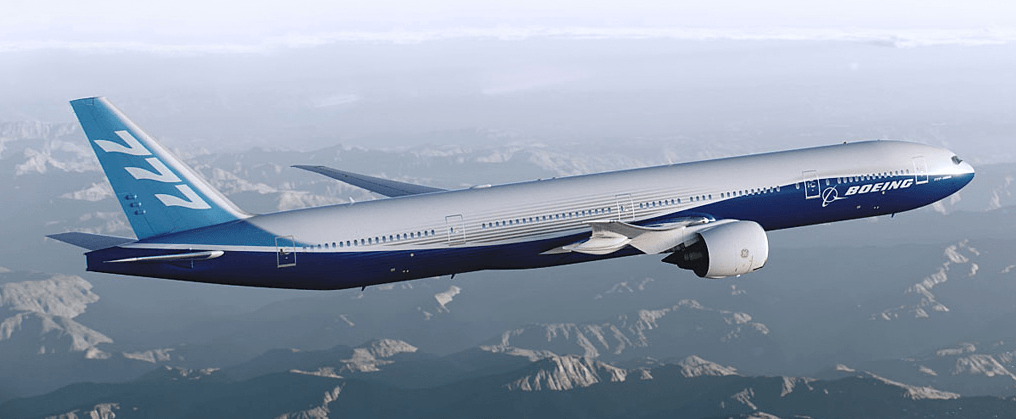The production of the A 380 stopped.
This is followed by Airbus Boeing, which has also stopped production of the B 747 (jumbo jet). A predictable trend that has an impact on our Investment Aircraft division. The time of the large, four-jet machines with high kerosene consumption is over. Airbus had quite a larger plan: It should still follow a version of the A 380 with space for 1,000 passengers. The construction was accordingly stable (and heavy).
Low operating costs and flexibility
Every kilogram in the air follows gravity and wants to hit the ground again. As a result, keeping it in the air costs kerosene. In addition, the airlines appreciate the flexibility of slightly smaller aircraft: they fly 10 times a day from Frankfurt to New York, each with 400 passengers, than 5 times a day with 800. The insurance policies for an aircraft with space for 1,000 passengers are astronomical Reach orders of magnitude. These facts help make the economic operation of such large machines rather unlikely.
In the foreseeable future, two-engine machines with less kerosene consumption will be the focus of attention. The global demand for long-haul aircraft will focus primarily on 3 types of aircraft in the future: the A 350 with its little sister, the A 330, the B787 (Dreamliner) and the B 777. The latter is a tried and tested pattern that is constantly improving and will carry significantly more passengers than the A 350 and the B 787. Nearly 50 airlines worldwide operated this successful and in countless hours of flight-tested aircraft type, which is constantly being improved. For 2020, a new version of the B777 is announced. This should have about 500 kg less weight and consume less kerosene in comparison. The logical consequence is the production of a 380 stopped in near future.

No alternative types of aircraft in sight
New developments of large long-haul aircraft are not in sight and would also like to take 10 years and more development time to production maturity. In the future, while production of a 380 stopped, the existing, already well-established and successful aircraft types for the long-haul segment will become significantly more important in the future. For our Club Aircraft Investment Aircraft we are focusing on widebodies (long-haul) precisely for these types of aircraft, which correspond to the long-term trend towards cost-optimized operation options and high flexibility.
No compromise on safety
Two engines also mean no limitation in terms of flight safety. The B777 has e.g. an ETOPS of 330 minutes. ETOPS indicates how long the aircraft is allowed to fly in the event of an engine failure. That is, if an engine fails, the nearest airport must be reached in five and a half hours of flight time. At 800 km / h and more, there is a whole distance together. In other words, there is almost every destination in the world to reach, there are hardly any detours planned to comply with safety regulations. This saves time and kerosene.
Prime Invest designs club deals for tangible asset investments. Our activities focus on real estate investments, from project development to portfolio properties and developments of multifamily facilities in the USA, as well as opportunities in the aviation sector. Our Diversified Regional Aircraft Fund offers risk diversification in a sustainably growing market that will also survive crises such as Corona. In doing so, we attach importance to aircraft types that are characterized by the lowest possible kerosene consumption. We welcome the efforts towards climate-neutral flying.
We thank you for your attention and are available at all times to answer any further questions you may have.

